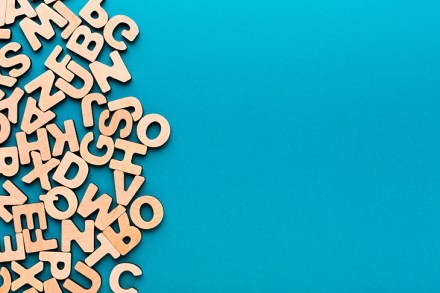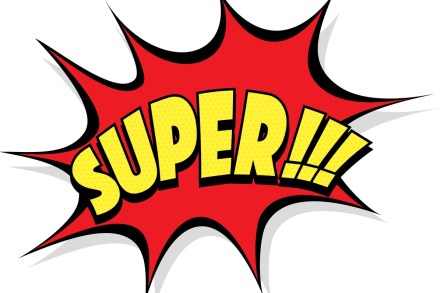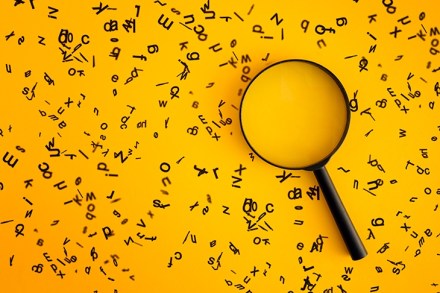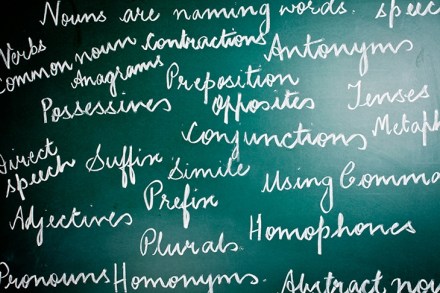The insidious creep of corporate friendliness
Have you noticed it? The slide towards faux-friendliness and fake sincerity from the companies with whom we used to have an impersonal and transactional relationship. The deal used to be simple: we paid them, they did things or provided stuff, thank you and goodbye. If something went awry, we told them and, with luck, they fixed it. Feelings, other than occasional frustration, did not come into it. But in recent years, presumably inspired by American corporate culture, companies are no longer content with worming their way into our wallets. Now they want to commandeer the emotional part of our brains as well. They’ve done their research into behavioural science and




















